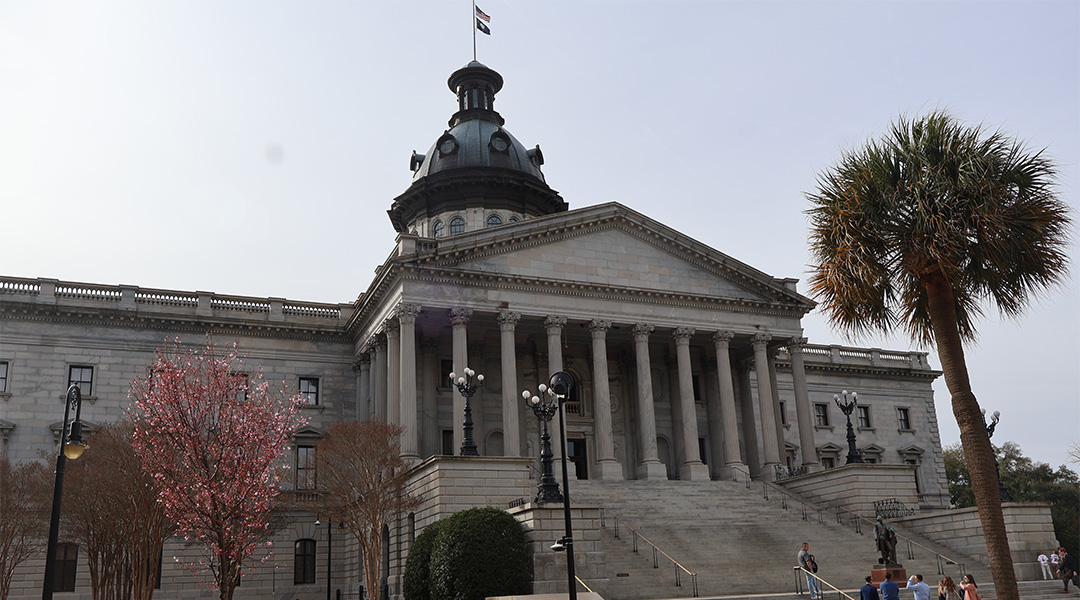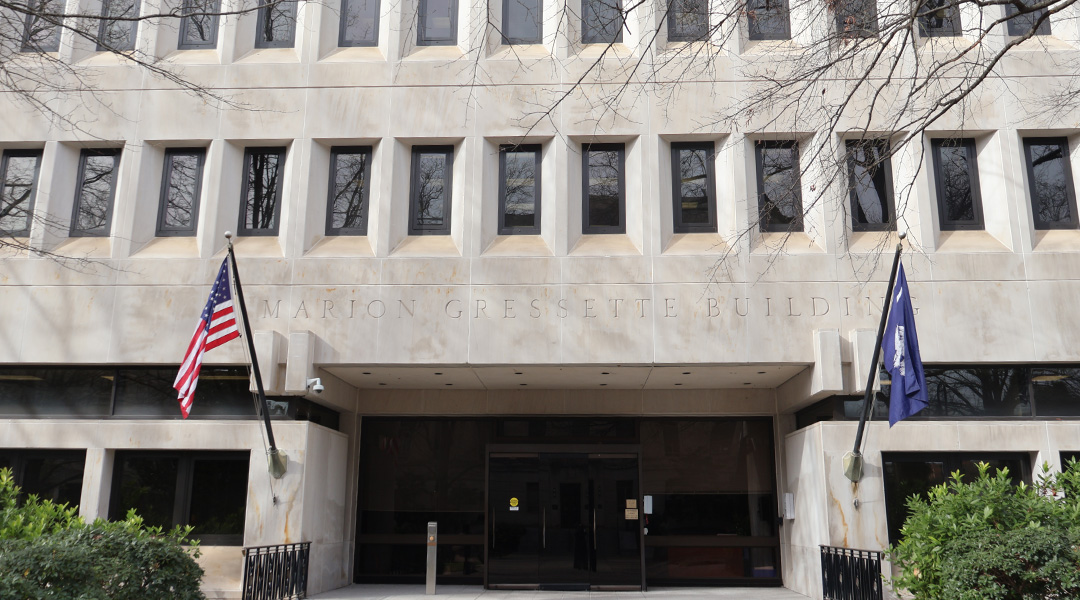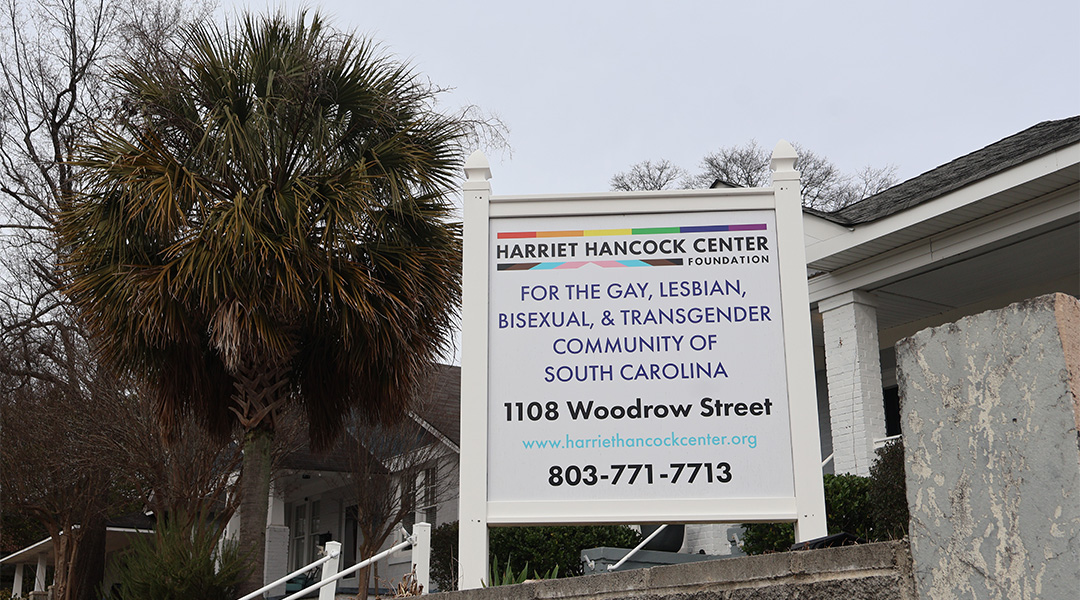The S.C. Statehouse (Photos by Ren Pusher/Carolina News and Reporter)
Columbians who were asked recently about restricting gender-affirming care for transgender youth said it should not be the Legislature’s choice.
When asked, 27 out of 30 surveyed did not support the government regulating the choice. They said the ultimate decision should be between the person in transition, their parent(s) and their health care provider.
The reactions come as the full South Carolina Senate is preparing to discuss a bill that would restrict minors’ transgender care.
A Senate committee met on Thursday to discuss the bill and vote to pass it to the Senate floor.
The bill would outlaw hormone therapy, puberty blockers and gender transformation surgery for those under 18 years old. It also would prohibit the use of public funds for gender transformation procedures for both adults and minors.
“Not only are transgender youth rights being violated, but their family’s rights are being violated as well,” said Harriet Hancock Center Foundation board president Matthew Butler. “This is the state inserting its … power between families, between individuals and doctors and between individuals and mental health providers.”
Butler said the mental health of teens may become a major concern, due to the increase in suicide rates in other states that have passed similar bills.
About 1 in 3 LGBTQ young people in the United States said the reason their mental health was poor was because of anti-LGBTQ policies and legislation, according to a survey conducted by The Trevor Project in 2023. The same survey found about 1 in 5 transgender and nonbinary young people have attempted suicide.
“I think that these kids are already put through so much, and the odds are already against them,” said USC math student Grace Benedict. “And by not providing them with this care, we’re putting them more at risk for mental health problems.”
Some locals think members of the youth transgender community should have a right to express themselves and live in the bodies they feel most comfortable in.
Elsa Johnson, a sophomore journalism student at USC, said those under 18 should have a right to express whatever gender they feel is theirs.
“It’s definitely going to make their lives harder,” she said. “And, like, I grew up with some trans individuals and, like, it was just that most of them had families who just weren’t accepting. And it’s very, very difficult to deal with that. And if you’re not allowed to express yourself anywhere, that’s always just very bad for your mental health.”
Thairah Gerald, a junior biological science student at USC, said some young people won’t feel like their true selves, and some will feel like they won’t have the opportunities to be their true selves.
The bill also will require administrators and employees of public schools to disclose a minor’s gender perception from the minor’s parent(s).
Some said this is “outing” the children to their parents, which takes the decision away from the minor.
“I don’t think it’s OK to, like, out people without their consent, even if it’s a student at school,” said USC junior history major Leah Linder.
Some locals, on the other hand, were in favor of the bill, saying minors bodies’ are not fully developed enough for a decision that would be permanent.
Dominic Camerino, a campus minister at Cola Church, thinks people should wait until they are 18 to make a hard decision.
“That is a very permanent and difficult decision for a child to make,” Camerino said. “I mean, a lot of the, you know, surgeries or the hormonal treatments, do things in the body that are just irreversible.”
Carolina News and Reporter writer Eva Flowe contributed to this report.




